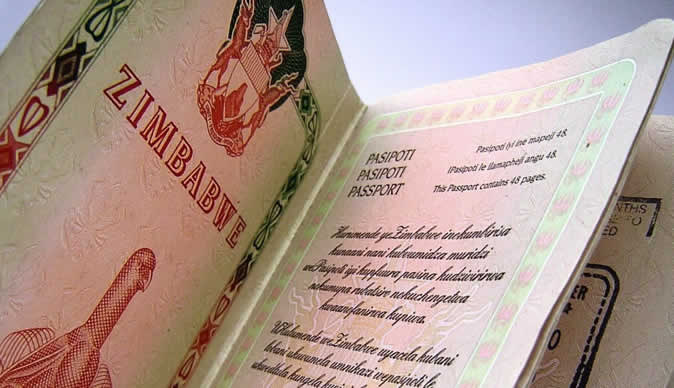The Zimbabwe Community in South Africa has welcomed the decision by the Helen Suzman Foundation (HSF) to take legal action against the termination of the Zimbabwe Exemption Permits (ZEP).
HSF launched the legal challenge in mid-June saying its position was ZEP holders who have “scrupulously observed South Africa’s laws in order to live and work here, cannot have such permits terminated without fair process, good reason and a meaningful opportunity to regularise their status. It is what our constitutional order demands.”
About 178 000 Zimbabweans are under the ZEP, which ended on 31 December 2021.
These permits will not be extended as the South African government gave a 12-month grace period for ZEP holders to either apply for another type of permit or leave the country.
However, according to the Chairperson of the Zimbabwe Community in South Africa, Nicholas Ngqabutho Mabhena a ‘tiny’ percentage of ZEP holders would be eligible to upgrade their skills, as the majority were in the domestic sector which was not a critical service.
“A large chunk are domestic workers, then we have drivers whether they drive UBER or delivery vans, some are in construction, then we have teachers or educators who do not qualify because their skill is not considered critical,” he said.
“Of course, we do have few journalists who are holders of these permits, a small percentage are lecturers but in the main, these are people of low skill.”
Therefore, the likelihood of them upgrading is ‘near impossible,’ Mabhena remarked.
“When the special permit was renewed in 2014 under the documentation of Zimbabwe project, those that had upgraded themselves, were able to move to other visas because the Immigration Act does not allow one to change their condition in South Africa unless they go back to their country of origin which they did,” he noted.
“The bulk of people do not qualify to move unless they are married to South Africans, or teach science subjects.”
But Mabhena noted that some professions were excluded from South Africa’s critical skills list, as it was revised in the first week of February.
“For example, diesel mechanics who previously were in the critical skills, were removed and now do not qualify for critical skills permits,” he said.
According to Mabhena, the Zimbabwe Community in South Africa had been engaging a number of progressive South Africans.
“We have had South Africans consulting and engaging us then engaging holders of the ZEPs. It is through those engagements by others that the HSF decided to take a legal route,” Mabhena said, highlighting that discussions of documentation had always been a negotiated process since 2010.
“We have been engaged in these negotiations but we were taken aback on November 25, 2021, when the South African government made that announcement not to renew permits because in our engagement with the government, we did not get the feeling these permits would not be renewed.”
Mabhena recalled official discussions the organisation had with the government in December 2019, where some members in South Africa’s ruling party, the ANC, said their position was ZEP holders had been part of their economy for the past 10 years so asking them to return back to Zimbabwe would be unrealistic.
“In 2015, there was also a realisation by the South African government that within SADC, people of low skill flocked to South Africa and they needed to find ways of managing that hence the gazetting of the white paper on international migration in 2017. Proposals were made to document migrants and ZEP holders fell into that category,” he said.
Mabhena argued it was ill-advised for some South Africans to say ZEP holders took their jobs as an analysis of that assumption revealed otherwise.
“What jobs are we talking about? Are we talking about jobs in the corporate world or in the domestic sector?” Mabhena quizzed.
He added that a potential 160 000 ZEP holders would become illegal migrants in South Africa by the end of 2022, a situation that was going to cause a crisis unless the government reviewed its decision.
“Even within those running small businesses, there’s an attempt to say migrants should not run such. We have people that rent a chair in salons or are in tourism at a low scale who are ZEP holders but the requirement is for one to apply for a business licence, they need R5 million that you bring in the country or at least prove that your company assets are worth that,” Mabhena said.
“A lot of people are going to be affected by this termination not only ZEP holders but Zimbabweans back home because the people that are working here in South Africa are supporting families back in Zimbabwe.”

